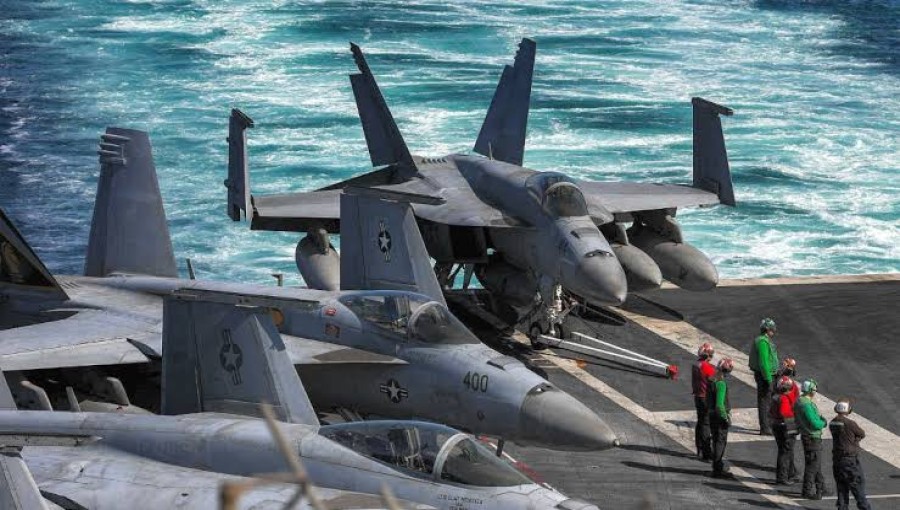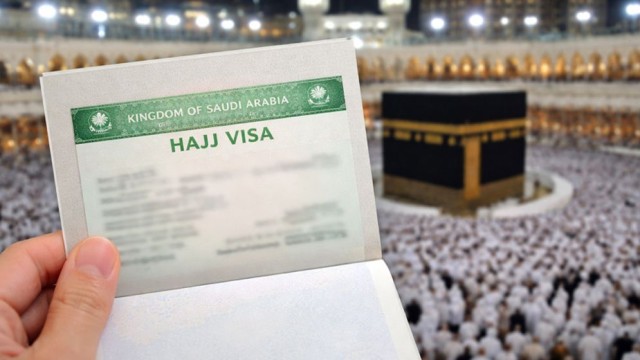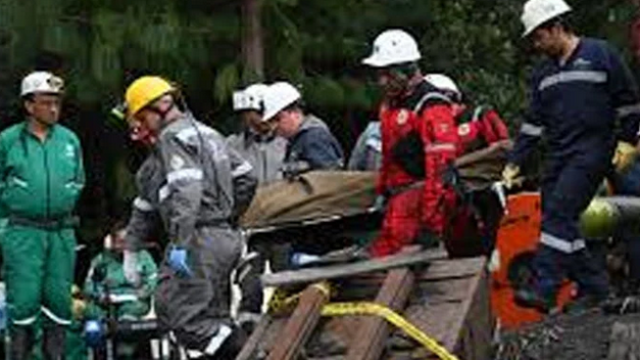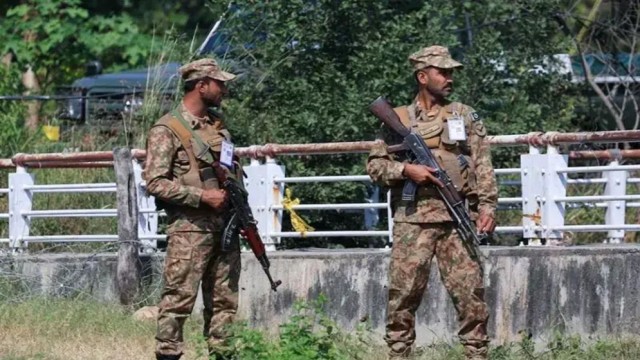Gulf monarchial governments, including Saudi Arabia, the United Arab Emirates, Oman, and Kuwait, have declined Washington's request to use US military bases on their territory for potential retaliation against Iranian attacks, according to Middle Eastern sources.
A senior US official revealed that these Gulf allies have explicitly stated that they will not permit US warplanes to utilize their airspace if the US decides to retaliate against Iran.
For decades, the US has heavily invested in military bases across the Gulf region, viewing them as strategic assets for operations against Iran due to their proximity to the Islamic Republic.
Key bases include Prince Sultan Air Base in Saudi Arabia, hosting the US 378th Air Expeditionary Wing with F-16 and F-35 fighter jets, and Al Dhafra Air Base in the UAE, where MQ-9 Reaper drones and fighter jets operate under the US 386th Air Expeditionary Wing.
Similarly, Kuwait's Ali Al-Salem Air Base houses US forces, while Qatar's Al Udeid Air Base serves as the headquarters for US Central Command in the region.
Bahrain hosts around 9,000 US troops, forming part of the US Navy's Central Command and housing the headquarters of the US Fifth Fleet.
Reports from US media outlet Politico suggest that the United Arab Emirates has ceased allowing the launch of US retaliatory strikes against Iranian proxies from its airbases.
This reluctance from Gulf allies to support US retaliation against Iran complicates the Biden administration's strategic planning in response to escalating tensions in the region.






























Comment: